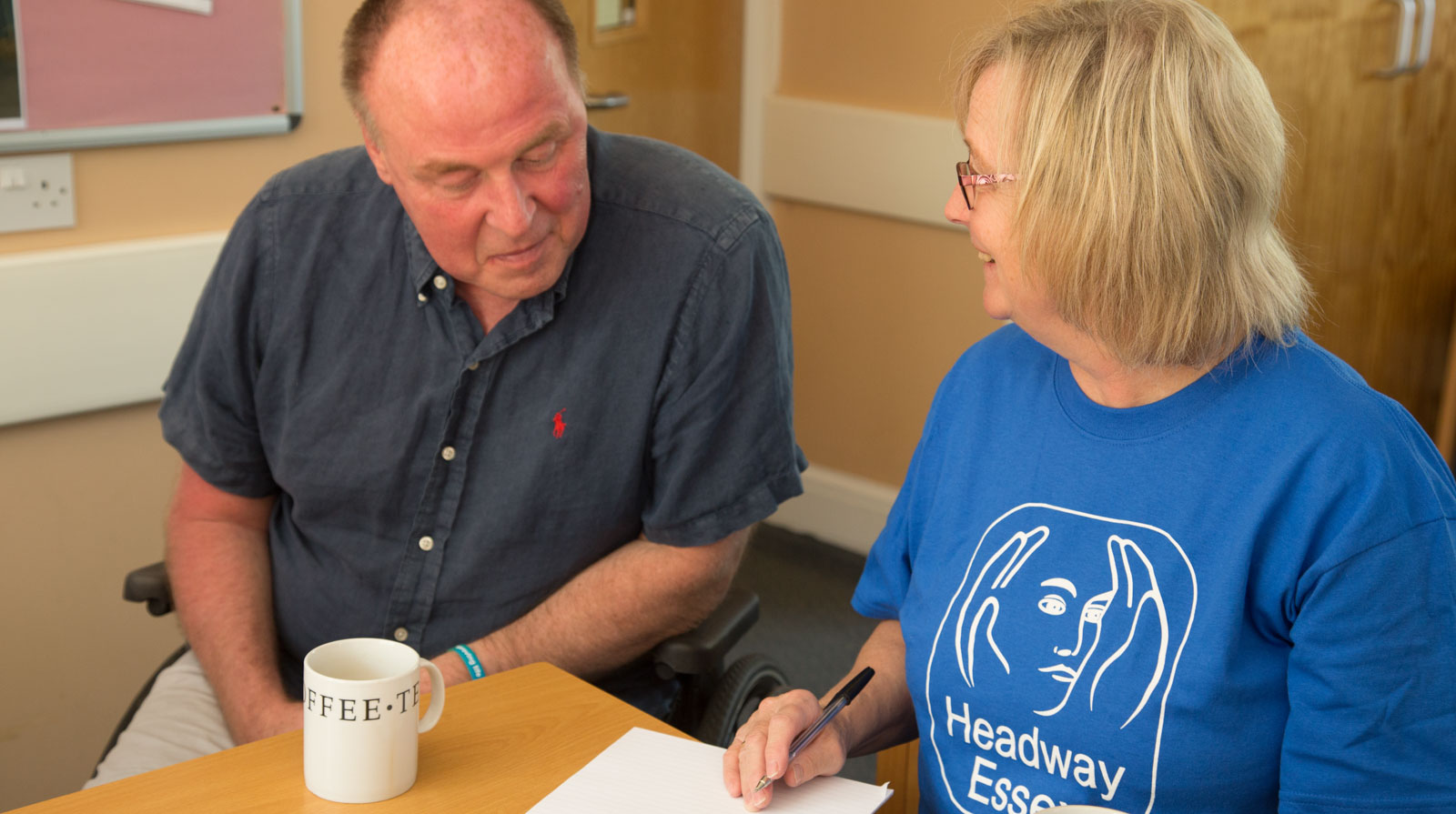Each person with a brain injury will have their own challenges. This will largely depend on which part of the brain has been injured.
The motor cortex controls the planning and execution of movement, it plays a vital role in deciding and telling your muscles to move. It is positioned within the frontal lobe.
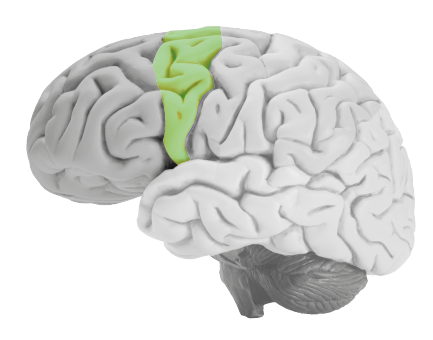
The frontal lobe controls your emotions and personality including your social behaviour. It controls thinking, planning and problem solving – these are called executive function skills. There is also a specialised area known as Broca’s area that is responsible for producing speech.
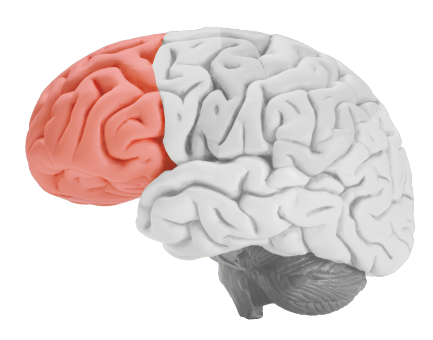
The somatosensory cortex controls feelings of touch and sensation. It is positioned within the parietal lobe.
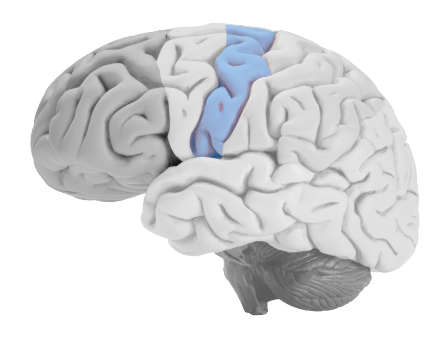
The parietal lobe controls perception and spatial awareness (making sense of your surroundings). It is also responsible for spelling, reading and arithmetic.
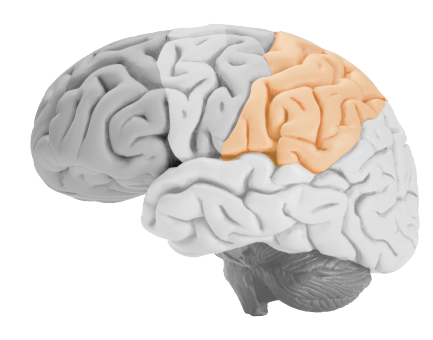
The occipital lobe controls all aspects of vision including the recognition of objects and people.
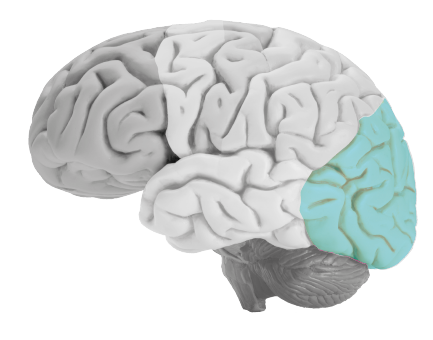
The cerebellum controls smooth movement, balance and coordination. It also processes learned, automatic movements.
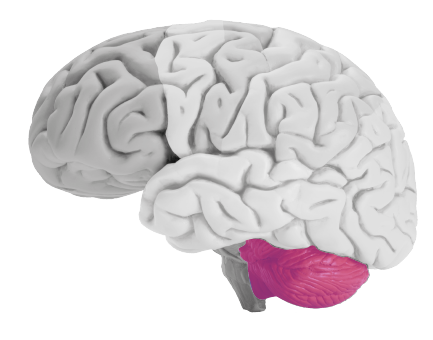
The temporal lobe plays a role in memory but mainly controls general understanding; this includes the understanding of language.
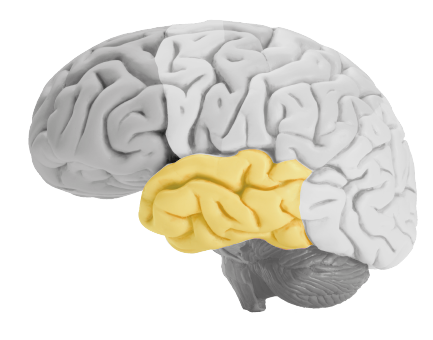
The brain stem controls basic human functions including breathing, heart rate, blood pressure, body temperature, blinking and swallowing. It also controls consciousness, wakefulness and tiredness.
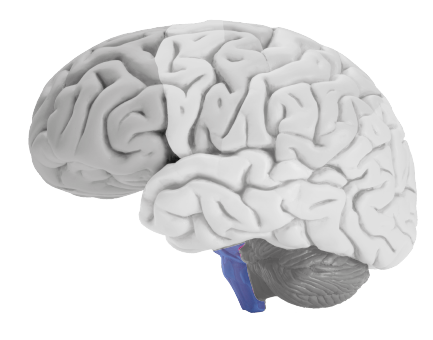
To contact the community support team, please call 01206 845945 or email us

